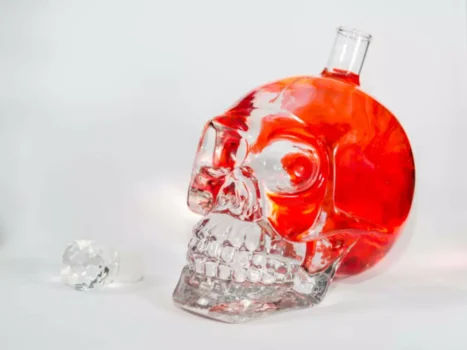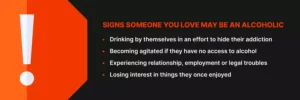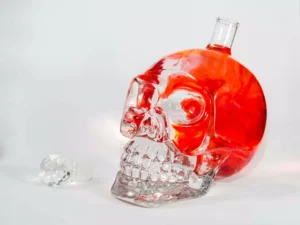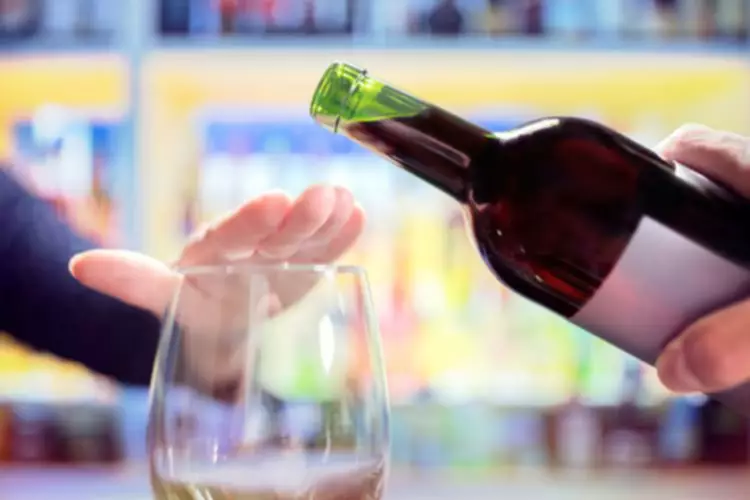
By preventing drinking from having any pleasurable effect, naltrexone effectively retrains your brain to crave alcohol less. As a result, many people who take the medication eventually lose interest in drinking. This makes moderate drinking possible for them—or even abstinence if they so choose. Naltrexone reduces your motivation to drink by blocking the euphoric effects of alcohol.
- When a person regularly consumes alcohol, these brain functions may alter to adapt to its presence.
- Alcohol rehab can be an essential step in achieving this goal.
- Manage emotional triggers during recovery by exercising, resting, seeking therapy or counseling, meditating, and spending time with positive people – these activities can help you feel more in control and support.
- Remember that you’re not alone in this, and seeking help from a support network or therapist can make a world of difference.
How To Stay Sober: Tips, Commonly Asked Questions, and the Alcohol Rehab Program That Can Help

Alcohol addiction is not a medical diagnosis but is often used to describe someone who is struggling to control their drinking and is dependent on alcohol. Alcohol addiction refers to a dependence on alcohol, characterized by an uncontrollable urge to drink, an inability to stop drinking, and continued drinking despite negative outcomes. On the other hand, AUD is a medical condition that ranges from mild to severe, characterized by drinking after being sober an impaired ability to stop or control alcohol use, even if it leads to adverse consequences. Getting formal treatment for osteoporosis can reverse its effects to some extent; however, individuals with severe osteoporosis will most likely have issues with walking, be prone to bone fractures, and have issues with pain. The chronic nature of alcoholism means that it typically worsens over time without intervention and can lead to significant impairment in daily functioning and quality of life. The journey into alcoholism is seldom a linear path but rather a confluence of various factors that predispose an individual to addiction.
Does a Relapse Mean That You Need to Attend Alcohol Rehab Again?
If you know that your drinking has previously hurt your health, career, or relationships, it’s best to continue to stay sober. For most people with a history of alcohol abuse, one drink is not advisable. While it may be easy to tell yourself you’ll just have one drink, even a small amount of alcohol can lead you back into the cycle of addiction. With help, you can start down the path to recovering from alcoholism. You can learn how to live a full, rewarding and fun life without alcohol.
- Maybe it’s because cats show no regard to my lifelong attempt to bring order to my scattered ADHD brain by bringing disorder to my immediate surroundings.
- The dank, hazy IPAs I gravitate to clock in at 300 calories or more a can.
- It is instead the fact that this will reignite the compulsion to drink.
- Individuals who are healthy and stable in their goals and relationships may be able to slowly reintroduce alcohol back into their lives.
- They engage in compulsive drinking and are unable to take control of the habit, despite the fact that it might hurt them or those around them.
- Instead of being able to stop at that first drink, you have the compulsion to continue into problematic drinking.
- Quitting alcohol completely can be a challenge, but there are more ways to do it than ever before.
What Happens to Your Body When You Stop Drinking?
Peer pressure and family and social environments can contribute to https://ecosoberhouse.com/ increased drinking and alcoholism. There are some who argue recovering alcoholics should be permitted to drink. It can be tempting when you see others able to drink in moderation.
- The justifications and excuses are harmful and will soon lead the individual to drink in the manner with which he or she is most familiar.
- What remains clear is the need for compassion, understanding, and ongoing support as individuals navigate the complex journey of recovery from alcoholism.
- By addressing these challenges head-on, those committed to sobriety can enjoy the many benefits of a sober life, such as improved physical and mental health, better relationships, and increased self-confidence.
- I imagined the feeling of bubbles meeting my lips, and the dry tang of wine on the back of my throat.
- While I tamed things once I graduated, I still had a deep appreciation for beer and wine.
- This cycle is accompanied by feelings of shame and guilt, leading them to drink more and increasing the severity of their alcoholism.
This Season, Give Yourself the Gift of a Fresh Start.

Biologically, genetic predispositions play a significant role, with research suggesting that genetics account for approximately 50% of the risk for AUD. Brain chemistry also plays a crucial role; alcohol affects the brain’s reward system, leading to increased dopamine release and reinforcing the behavior of drinking. Some people feel that relapse prevention is about saying no right before they take a drink. In reality, the physical relapse stage is the most difficult to stop, and it’s a final stage rather than a standalone. If you experience a physical relapse, you might need to return to treatment or revisit your relapse prevention plan. Treatment didn’t fail, and you didn’t either, but a physical relapse can mean that your treatment plan may need to be adjusted or evolve with your changing needs.

Even if someone is dedicated to abstinence, they are still at risk, especially when upsetting life events occur, and put them in a place where coping skills are needed. Alcohol abuse, alcohol dependence, and alcohol addiction fall under the clinical diagnostic criteria for alcohol use disorder (AUD). If you’re now in the process of quitting drinking and you’re noticing symptoms like this, make sure to get in touch with Clean Recovery Centers or your nearest medical professional to be evaluated as soon as possible. You may need medical help in your transition to sobriety to blunt the effects of withdrawal. A personalized relapse prevention plan is essential for maintaining sobriety, as it helps individuals identify triggers, develop coping strategies, and set achievable goals. By taking proactive steps, such as staying mindful of triggers, using coping strategies, and seeking help when needed, individuals can stay on track with their relapse prevention plan and enjoy a fulfilling sober life.

Life can be good again and we’d like to show you how.

When working through recovery, it is important to recognize any triggers that could lead to relapse. The National Institutes Of Health breaks down triggers as external or internal triggers. These tips will give you the start that you need on Drug rehabilitation your journey to sobriety. Let’s dive into each and give tangible examples to set you up for success.

